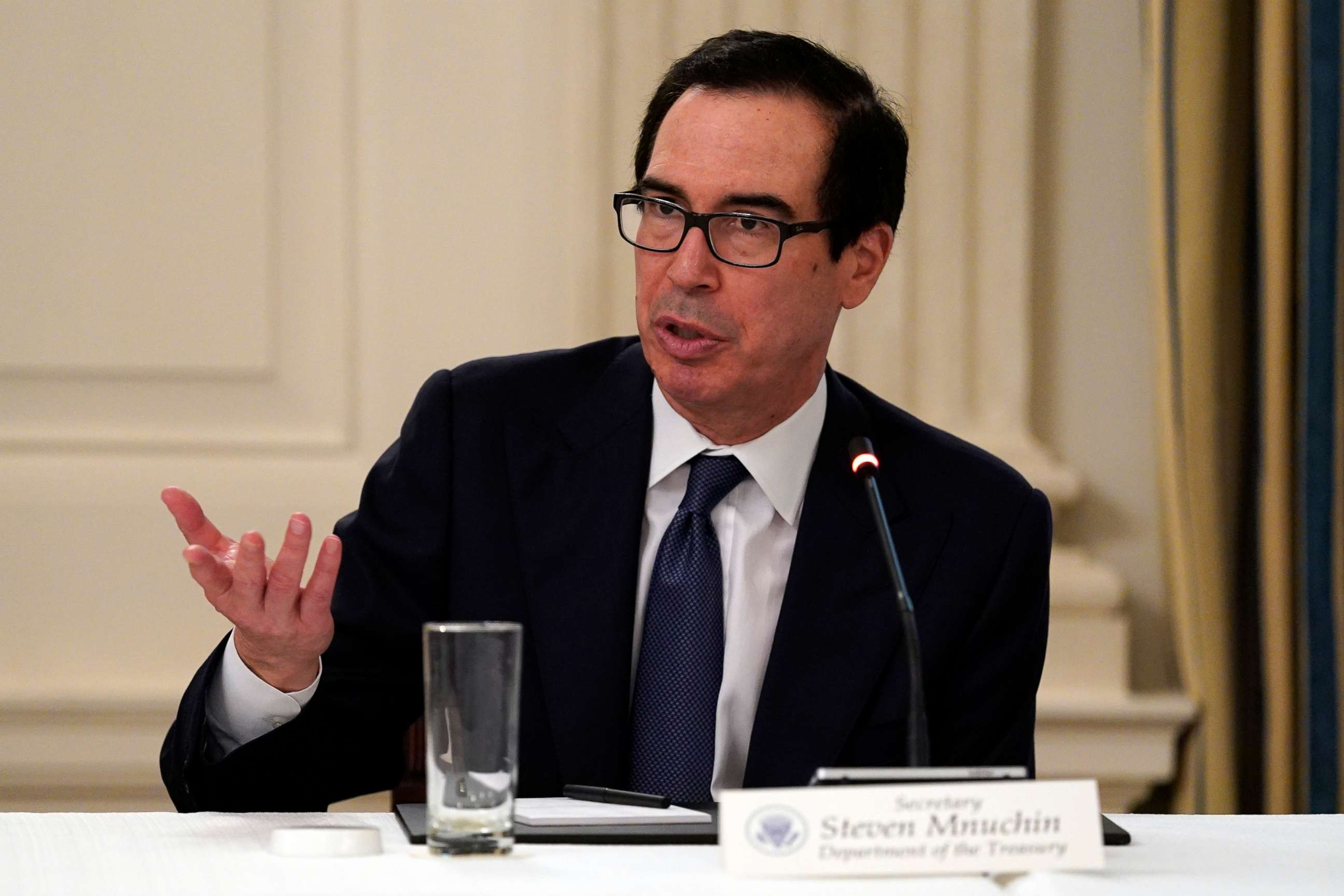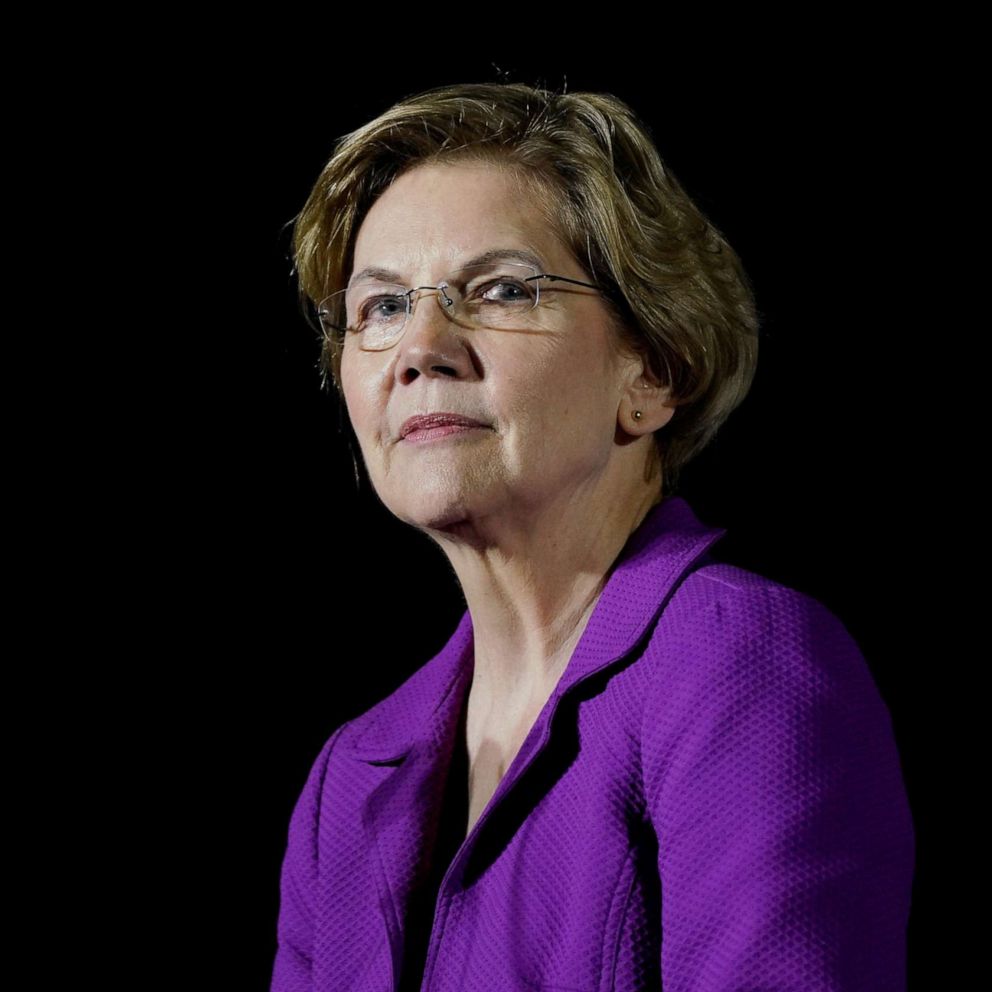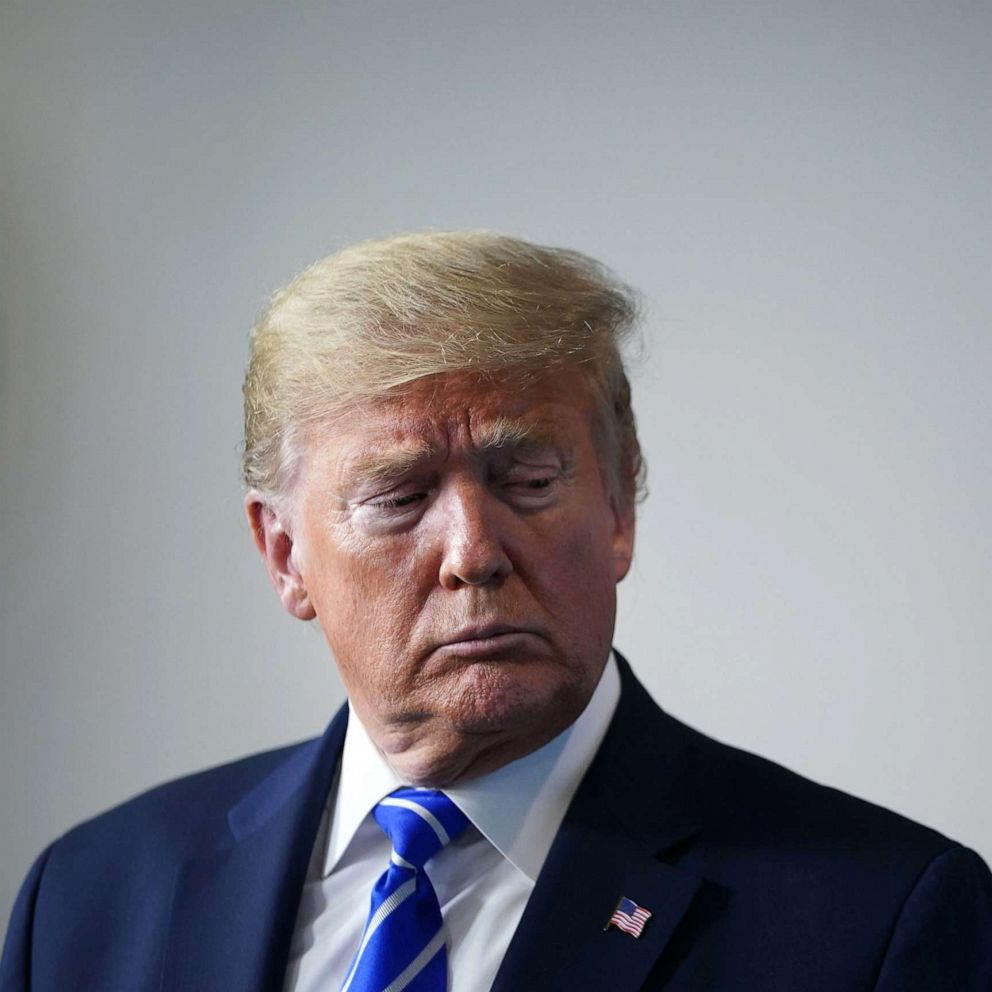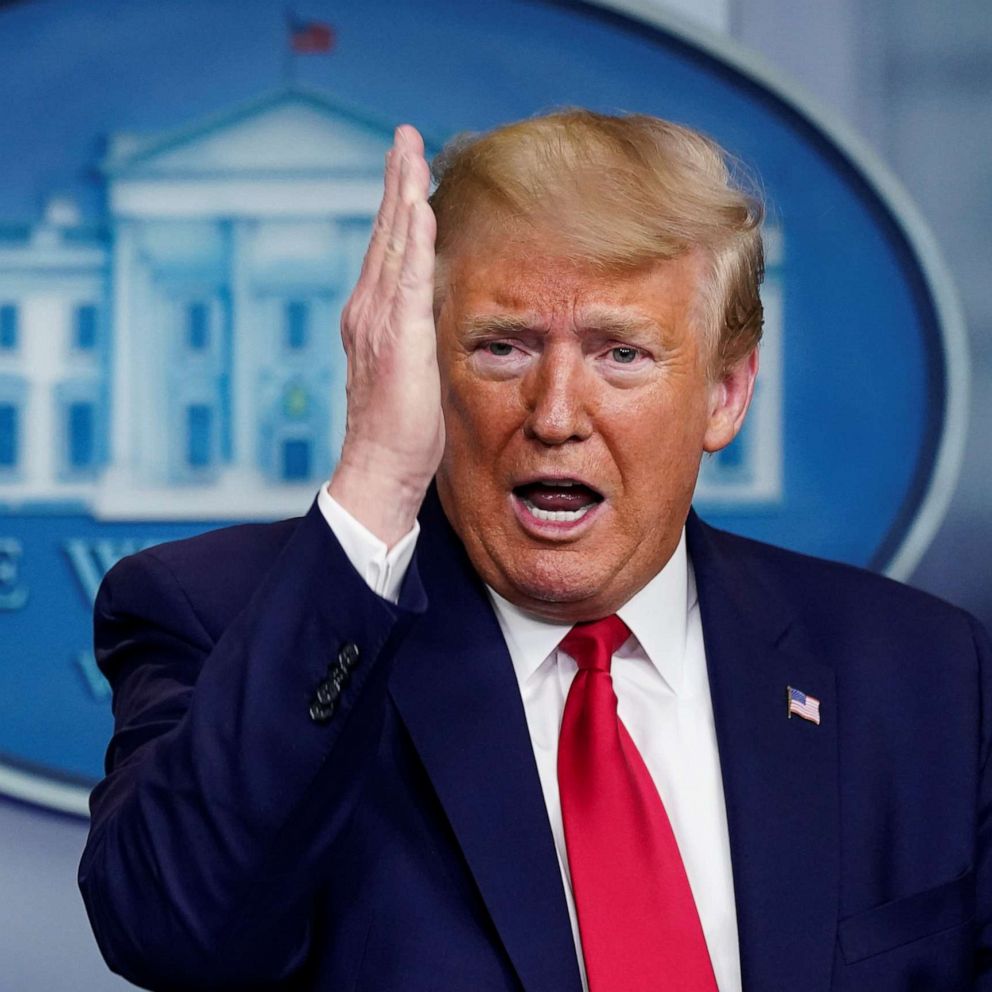Treasury has disbursed only a fraction of $500 billion coronavirus relief fund, commission reports
The department has distributed only $37.5 billion of the available funds.
A commission monitoring $500 billion of coronavirus relief funding produced its first report Monday -- though according to the report, there weren't that many receipts to comb through.
The Treasury Department has so far disbursed only $37.5 billion of the $500 billion carved out in the CARES Act to be used for emergency lending to businesses and state and local governments, according to the report from the Congressional Oversight Commission.
The $37.5 billion was put toward purchasing corporate debt, which will largely benefit big companies.
Of the $500 billion total, $29 billion is available for airlines and $17 billion is available for businesses "critical to maintaining national security," according to the report. No loans have been doled out from that reserved pot of money, nor has any public documentation been released on who the money is going to, the report said.
One of the most anticipated programs the $500 billion will support is the Main Street Lending Program, which will provide loans out to midsize businesses. No money has been disbursed through that program either, the report said.
Appearing Tuesday before the Senate Banking Committee, Treasury Secretary Steven Mnuchin said the department is working to disburse the entire $500 billion fund.
"The only reason I have not allocated it fully is we are just starting to get these facilities up and running," he told committee members. "We want to have a better idea as to which one of the facilities needs more capital as well as the potential for adding additional facilities. So I expect to allocate all of the capital, as needed, as was given to us."
Chairman of the Federal Reserve Jerome Powell, also appearing before the committee, said funds from the Main Street Lending Program should be ready for distribution by the end of May. Powell said the terms for qualification have been revised multiple times in order to include more businesses.
The Congressional Oversight Commission, created by the $2 trillion CARES Act passed in late March, will issue a report every 30 days.
So far, though, the commission's work has been impeded by the delayed appointment of a leader, which would allow the members to proceed with hiring staff and arranging meetings. The commission members so far include Reps. French Hill, Republican of Arkansas, and Donna Shalala, Democrat of Florida, as well as Sen. Pat Toomey, Republican of Pennsylvania, and Bharat Ramamurti, a senior Democratic aide who formerly worked on oversight for Democratic Sen. Elizabeth Warren's office.
The fifth member of the commission, its leader, will be picked jointly by Senate Majority Leader Mitch McConnell and House Minority Leader Nancy Pelosi. Asked about the delay on Monday, neither office provided any update on the timeline for their decision.
On May 5, Pelosi said she was "waiting to hear back" from McConnell about their pick.
"We're having conversations. We're going back and forth and hopefully we'll have a decision soon," she told reporters.

Despite the incomplete staffing, the first report served as an initial blueprint for the commission's next few years. The report framed how the country got to this point, what steps the government has taken to address it, and where oversight of the money will be necessary.
At the root of it all, the commission wrote, are two main questions: What are the Treasury and the Fed doing with the $500 billion of taxpayer money, and who is that money helping?
The commission should have plenty to dig into once funds begin to be disbursed. The Federal Reserve has already committed to releasing monthly reports on the names and amounts borrowed by each lending facility created by the $500 billion.
According to commission member Ramamurti, once the commission knows who is and is not getting support, and on what terms, the most important next step will be tracking what companies do with that support.
"What kinds of decisions do they make? And do we think that it was a good use of the public's money to support a company in those kinds of acts?" Ramamurti told ABC News in late April.
But first, the money will need to be disbursed.
According to the report, the Treasury has already accepted applications from airline companies and companies critical to maintaining the country's national security, both of which were due a few weeks ago.
"The Treasury has received applications for these loans and is in the process of reviewing them," the report said.
ABC News' Matthew Vann contributed to this report.
Editor's Note: This story has been updated with comments from Treasury Secretary Steven Mnuchin and Fed Chairman Jerome Powell.
What to know about the coronavirus:
- How it started and how to protect yourself: Coronavirus explained
- What to do if you have symptoms: Coronavirus symptoms
- Tracking the spread in the U.S. and worldwide: Coronavirus map
Tune into ABC at 1 p.m. ET and ABC News Live at 4 p.m. ET every weekday for special coverage of the novel coronavirus with the full ABC News team, including the latest news, context and analysis.







